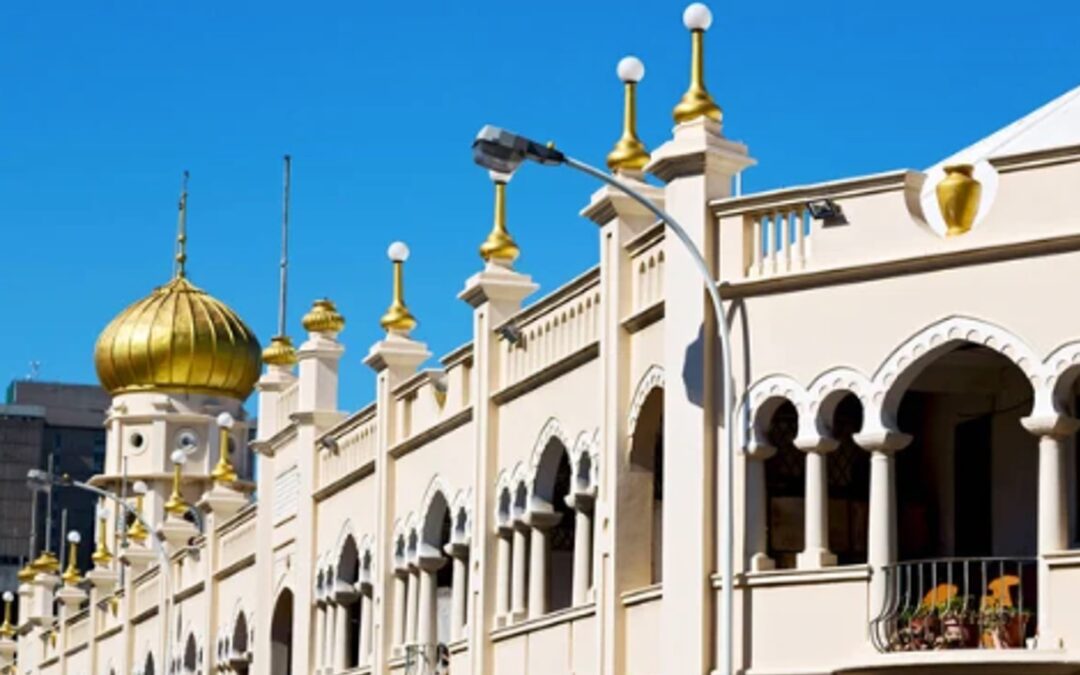South Africa’s Muslims forebears, Al Jama-ah stresses, have left us a rich legacy that consists of tangibles and intangibles; these have come in different forms and shapes. Together, they have not only helped to positively transform our communities but they have assisted to reinforce and stabilize their identities.
Since it would be beyond the scope of this short essay to capture both the tangibles and intangibles and considering the fact that the is too long, allow us to point to a few noteworthy tangible ones. The first set of tangibles that no one can deny is the fact that our forebears left behind a plethora of extant Arabic-Afrikaans publications; the generations before gained much of their religious knowledge from these.
The second set that everyone benefitted from and continue to enjoy is the variety of Cape Muslim dishes that were handed down from one generation of cooks to the other; as a result of this, many relish these; out of these emerged a variety of cook books that concretely demonstrate these cooks’ creative hands in the cuisine sector. And the third tangible proof is the mosques that dot the Greater Cape Town – and across the country – landscape.
Each of these items and many artefacts – not catalogued here – are ones that have inspired many in our communities; nay, they have enriched our community’s social history and this may be attributed to their robust contributions. And as a result of this, they have not only instilled pride among the current generation but they have – directly and indirectly – assisted them to reinforce their Muslim identity – collectively and individually – within our culturally diverse and linguistically assorted secular environment.
So, Al Jama-ah wishes to underline that despite our community’s faults and weaknesses, its exemplary forebears from Shaykh Yusuf, who was exiled from the Melayu archipelago and buried in the Cape’s Macassar, to Haje Ozer Ally, who stood up against colonial injustice, to Imam Haron, who was an anti-apartheid activist that was cruelly murdered whilst in detention by apartheid system, hoisted the flag of Islam at the African continent’s southern-most tip.
In this part of Africa, they were robust and resilient as communal leaders; and they showed their Muslim character traits during difficult times. They demonstrated that they were uncompromising and committed to strive towards the ideals of Islam; that is, illustrating that ‘Islam’ was their way of life. They did so highlighting Islam’s ideals in their writings, in their speeches, and in their actions. We want to simply state that they reflected what the meaning of ubuntu as they expressed their thoughts and as they lived their lives.
Al Jama-ah Political Party
September 2023
Rabi al-Awwal 1445


